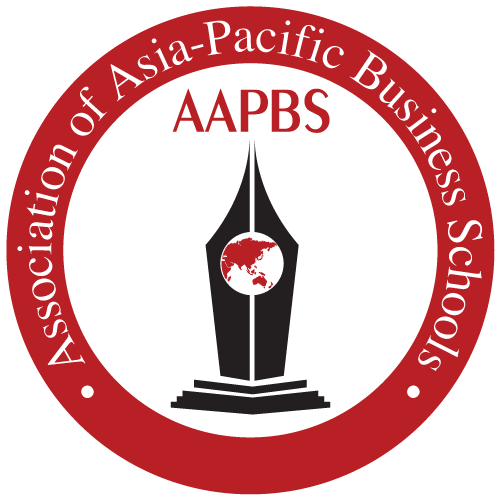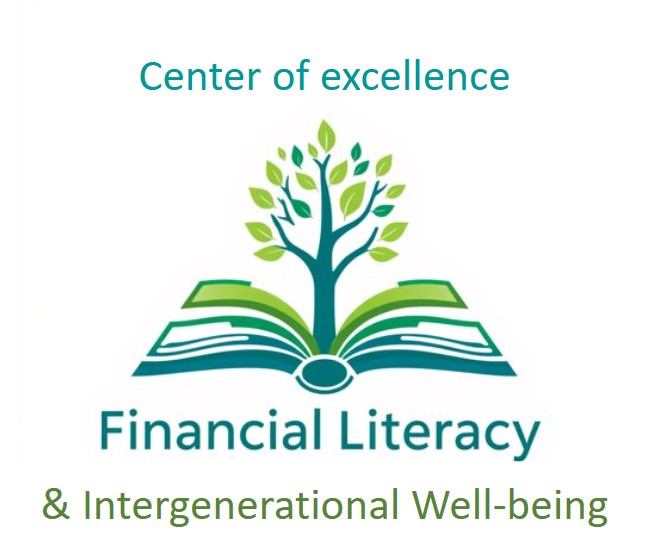Business Development Strategy Analysis of Taman Wisata Lebah
 Abstract Views:
651 times
Abstract Views:
651 times
 PDF Downloads:
452 times
PDF Downloads:
452 times
Abstract
Taman Wisata Lebah is an apiculture-based agritourism business own by PT Madu Pramuka. The emergence of competition and shift in business, demanding companies to develop and choose good business strategies, to ensure the companies survivability. Therefore, Taman Wisata Lebah need to conduct research concerning business development strategy, so that the business run by Taman Wisata Lebah, can develop in accordance with the times. The purposes of this research are to know the internal and external company factors, to know some alternative business strategies, also to know the priority alternative strategies to Taman Wisata Lebah. The research used IFE and EFE matrix to identify external and internal factors, the SWOT and IE matrix to formulate appropriate alternative strategies, QSPM matrix to determine the best alternative strategies priority. Based on the results of this research, the best alternative strategy to be applied is to develop Gerakan Pramuka-based activities for students in the Taman Wisata Lebah agritourism areas.
Downloads
References
BPS. (2017). Perkembangan Beberapa Agregat Pendapatan dan Pendapatan per Kapita Atas Dasar Harga Berlaku. https://www.bps.go.id/linkTabelStatis/view/id/1865
David, F. (2011). Strategic Management. Pearson Education Inc.
Frenkie. (2013). Api Tourism – Full experience. Beetime. http://beetime.eu/api-tourism-full-experience/
Indonesia Investment. (2016). Industri Pariwisata Indonesia. http://www.indonesia-investments.com/id/bisnis/industri-sektor/pariwisata/item6051?
Kemenpar. (2016). Paparan Kementerian Pariwisata RI untuk KID ke 6. Kementrian Pariwisata Indonesia.
Law, D. (2016). Menengok Peternakan Lebah Terbaik di Thailand. Detik Travel. http://travel.detik.com/readfoto/2016/08/23/114500/3275643/1026/9/menengok-peternakan-lebah-terbaik-di-thailand
Malang Pers. (2017). Wisata petik madu di Agro Tawon Rimba Raya, mau coba?
Purnomo, Kurniasih, P., & Rochmayanto, Y. (2012). Roadmap Penelitian Perlebahan.
Rangkuti. (2015). Analisis SWOT: Teknik Membedah Kasus Bisnis. Gramedia.
Sugiyono. (2009). Metode Penelitian Kuantitatif dan Kualitatif. Alfabeta.
Utama, I. (2017). Pemasaran Pariwisata. Penerbit Andi.
World Economic Forum. (2015). The Travel & Tourism Competitiveness Report 2015: Growth through Shocks.

This work is licensed under a Creative Commons Attribution 4.0 International License.
Articles published in Journal of Entrepreneurship & Business are licensed under a Creative Commons Attribution 4.0 International (CC BY) license. You are free to copy, transform, or redistribute articles for any lawful purpose in any medium, provided you give appropriate credit to the original author(s) and the journal, link to the license, and indicate if changes were made.
Authors submitting to this journal agree to make their work freely available under the CC BY 4.0 license, ensuring broad dissemination and reuse. The full license details can be accessed at https://creativecommons.org/licenses/by/4.0/.
This ensures that they receive the maximum dissemination because there are no barriers to access. This license allows readers to disseminate and reuse the paper, but always requires them to grant the authors and the first publication full credit.
While JEB upholds ethical publishing standards, the responsibility for ensuring originality and compliance with copyright regulations lies with the authors. The journal is not liable for any legal claims related to the content of published articles.
For further inquiries, please contact the editorial team.

 DOI:
DOI:











